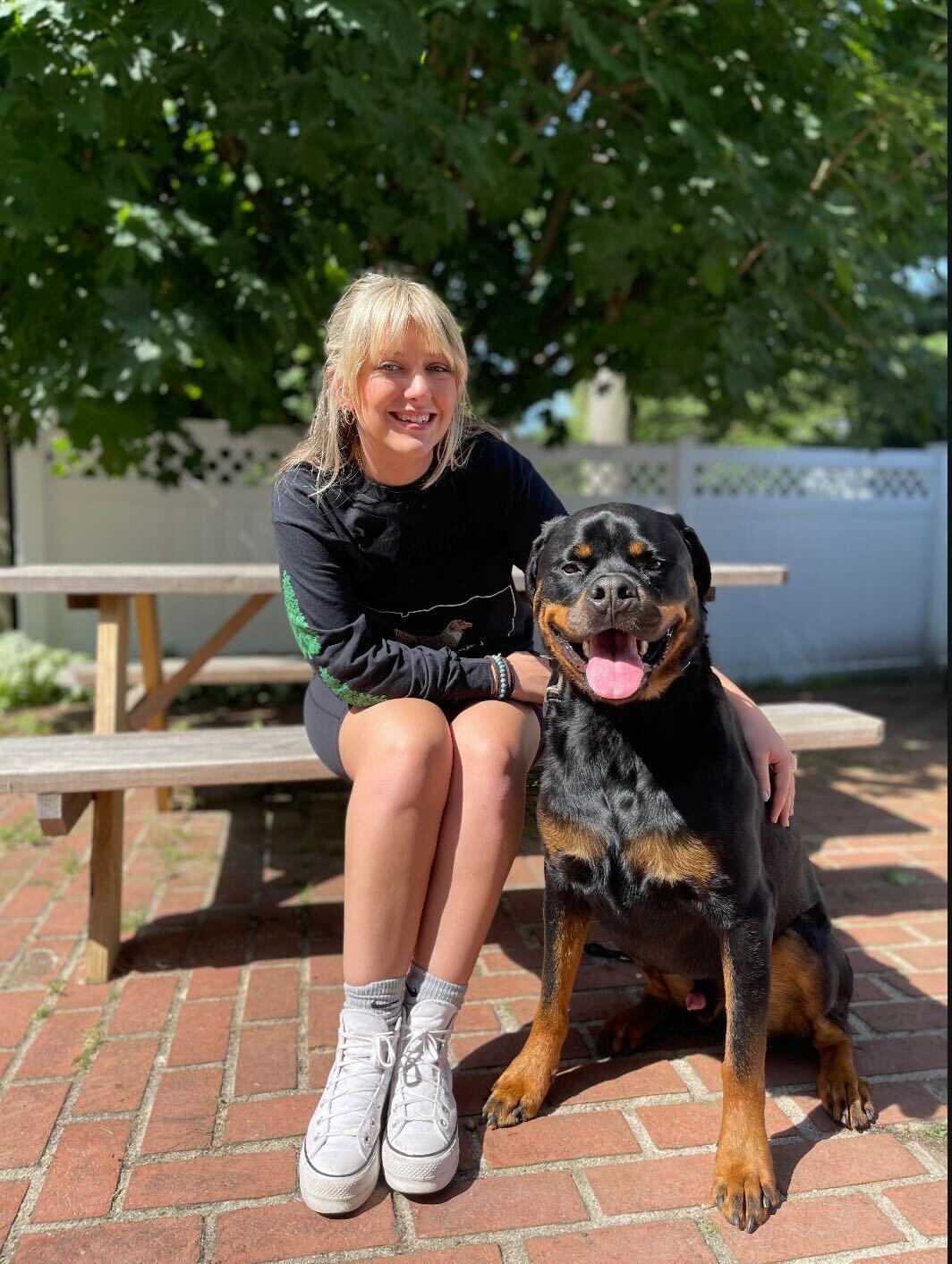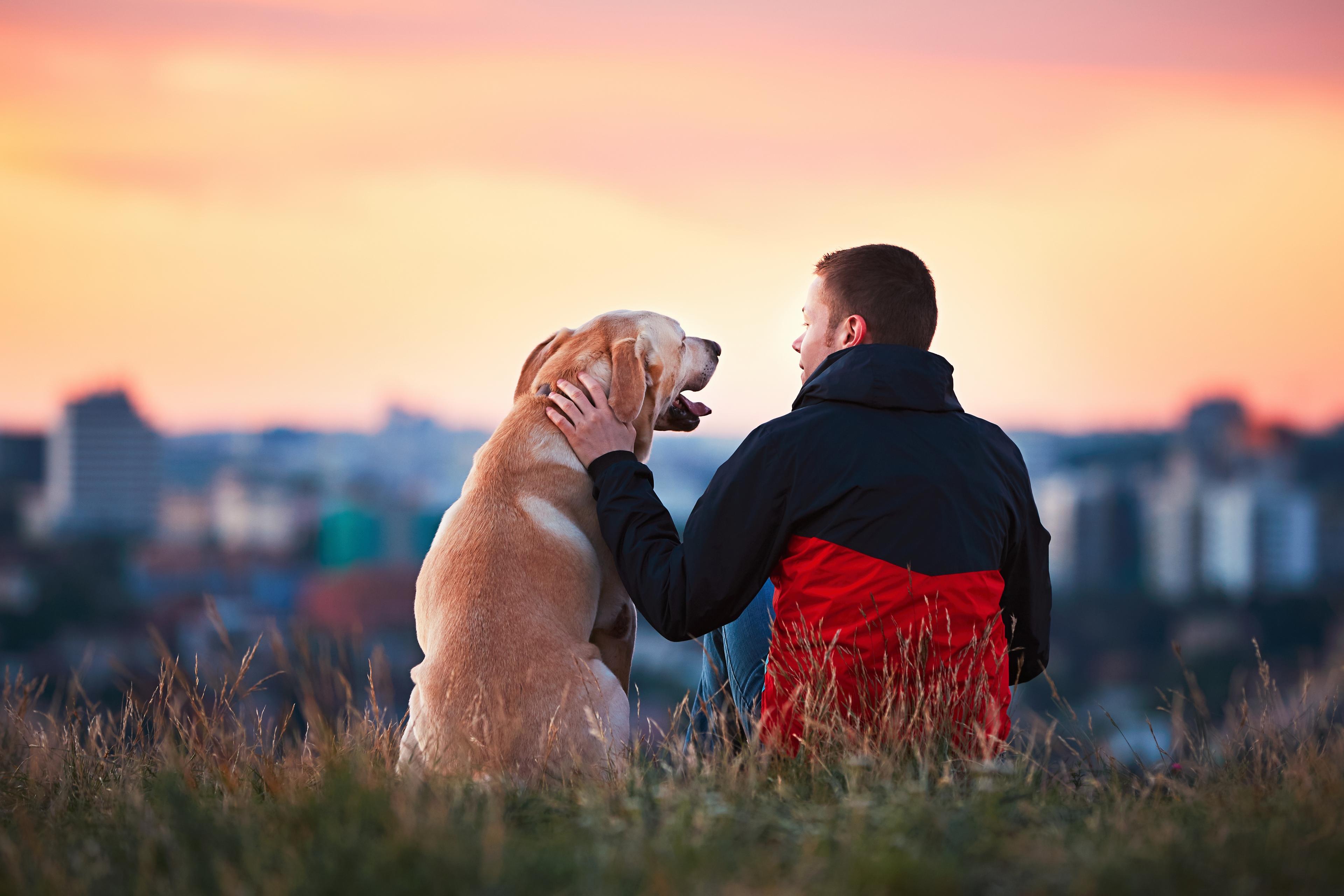Looks like it’s one of those days when your dog starts acting like they’ve been possessed by a squirrel. One minute they're their usual playful self, and the next, they’re staring at the wall like it's about to tell them the secrets of the universe. If your dog is suddenly acting weird, it can be as puzzling as trying to solve a mystery novel with half the pages missing. Maybe they’re barking at invisible intruders, spinning in circles, or giving you that “I see dead people” look. Don’t worry, we’ll help you with this. One thing to get you relaxed is that it’s not a ghost (probably).
The reason for your dog acting weird can range from boredom to serious anxiety. They include –
Pain or illness – Don’t we also feel irritated when we’re down with a fever?
Stress – Dogs feel stress or anxiety when there is a change in their environment or routine. Loud noises, new people in the house or even a fight between your family members can make them feel stressed.
Fear – The same reasons that can get the dogs stressed, can also cause fear in them.
Boredom – Lack of enough physical and mental stimulation can also trigger unusual behaviors in dogs in the name of boredom.
Age – Just like humans, dogs in old age also experience cognitive decline and physical issues that may cause a change in their behaviors.
Trauma – A recent traumatic or negative experience can also cause changes in behaviors in dogs.
Separation anxiety – You or a close family member not being around for a long time can cause separation anxiety in dogs.
We will recommend you consult a vet if the behavior lasts for longer as the underlying reason can sometimes be severe. Early detection of the cause can help prevent severe consequences.
Now let’s address some concerns that the internet has been asking.
My Dog is Shaking and Acting Weird After the Vet
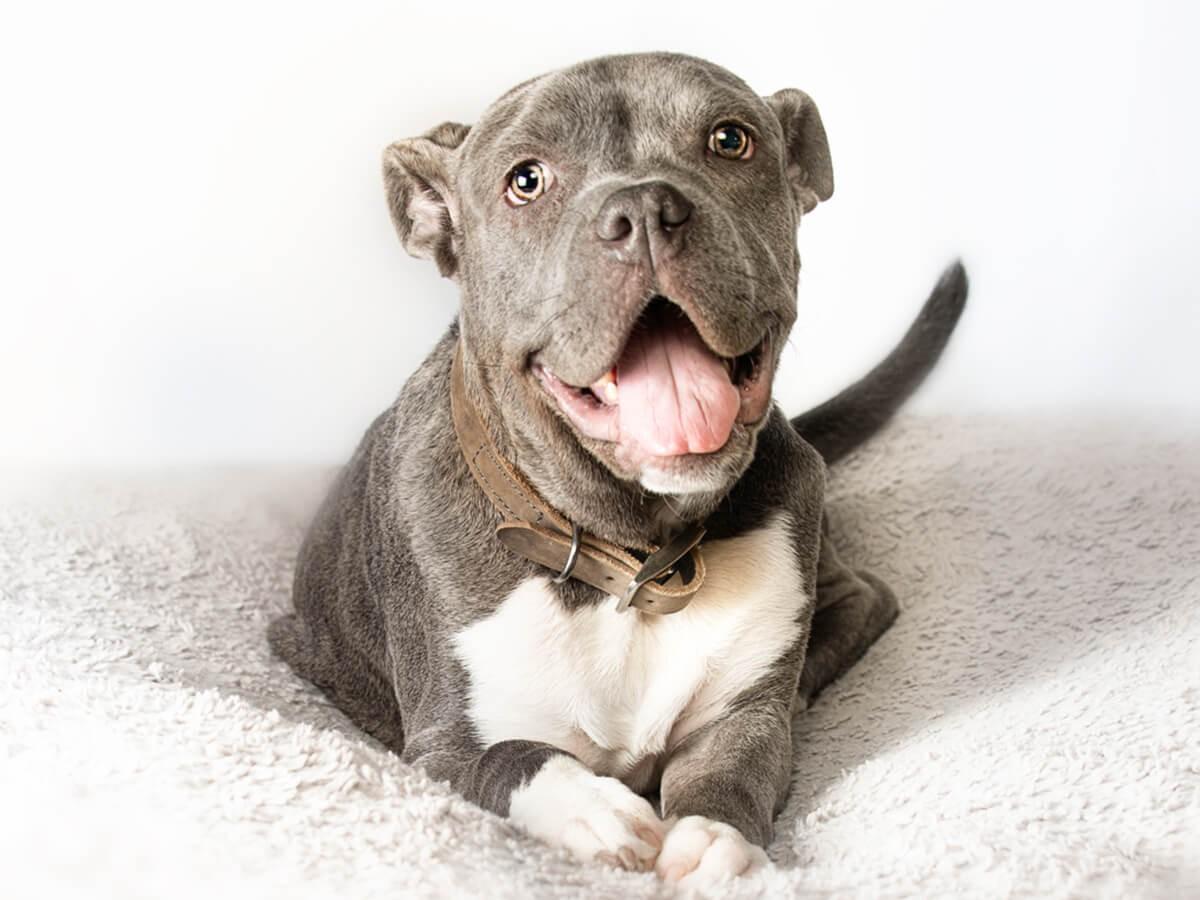
It’s not uncommon for both puppies and human babies to fear a doc visit. Some are scared of the needle while some of the entire experience. If your dog is one of them, you may see some unusual behavior after coming out of the vet’s clinic. Here are some possible reasons – (3)
Anxiety – Because of the unfamiliar scents, people, sounds, etc.
Medications – Certain vaccinations, treatments, or medications can cause drowsiness, lethargy, loss of appetite, or gastrointestinal upset in your dog.
Discomfort – Undergoing multiple procedures can cause temporary discomfort or even pain to your pup causing a behavior change.
Previous negative experience – A bad experience during a past vet visit can make cause trauma for the next ones as they associate the visit with it.
Mental exhaustion – Dealing with Strangers, other animals, procedures, a busy environment, etc. can cause exhaustion for your dog.
These may cause behaviors like excessive hyperactivity, difficulty settling down, or seeking extra attention.
My Dog is Acting Weird and Not Eating

There can be two cases here. Either your dog is refusing to eat or is struggling to eat. This is termed ‘anorexia’ in medical terms. Potential causes include – (1)
Illnesses like kidney disease, liver disease, diabetes, infection, gastroenteritis, cancer, etc.
Dental problems like oral pain, gingivitis, broken tooth, abscess or an oral tumour.
Changes in routine or environment like hot weather, being around another dog, a different food bowl, or being fed at an uncomfortable height.
Certain medications, including some vaccinations.
Stinky food
If your dog has stopped eating for a day or two but is otherwise active and alert, you can wait for a couple more days by keeping a close eye on them. You can offer some plain home-cooked food like chicken or rice which is easy to digest for them. Do not force the food on them.
If you see symptoms like vomiting, diarrhea, weakness or lethargy along with refusal to food, you may want to consult a vet at the earliest to determine the underlying cause.
My Dog is Acting Strange After Moving to a New House
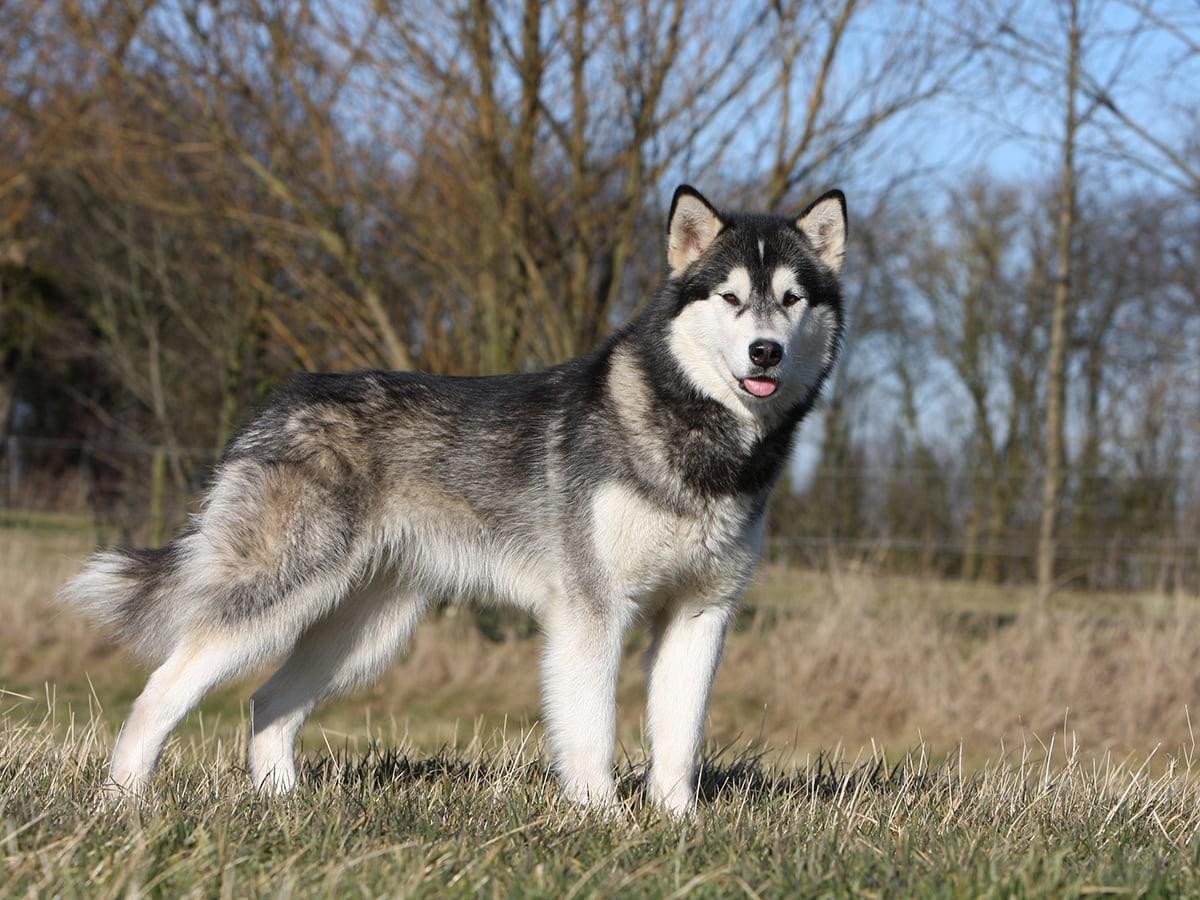
Changes in the environment and routine often trigger stress and anxiety in dogs. Moving to a new house is like a massive change. A new house, new room, new neighbors, new roads, maybe a new climate, etc. can be quite overwhelming for them. Your dog may want to follow you around, they may not eat or play like normal, or they might engage in behaviors like barks or growls when they hear noises or see unfamiliar people. These are signs that your dog is having trouble adjusting to the new environment.
What you need to do is stay patient and understanding. Spend more time with the dog and provide comfort. Keep the playing and feeding routine unchanged. Try to get as many of your dog’s belongings like the bed, toys, litter box, etc. to the new house. Try to void visitors for a couple of days. These will help your dog adjust better and faster. (2)
My Dog is Flinching and Acting Weird

Shyness, fear and pain are the most common reasons for your dog to flinch. While it is normal for your pet to do so at times, it could also be a symptom of an underlying severe medical condition. Here are some top causes for it –
Lack of socialization
Disorientation
Arthritic pain or pain in the jaw or tooth
A mild seizure
Vision problems
Lack of socialization or a shy personality can be treated by consulting a canine behaviorist. If pain is the reason for flinching, a physical exam, complete blood count, biochemistry panel, urinalysis and fecal exam may be recommended by your vet. Special treatments may be needed in case of seizures and a surgical; removal of the cataract may be recommended by your vet in case of vision problems. Regular check-ups and routine vet-visits can prevent these conditions from occurring and hence preventing flinching.
More About Spot Pet Insurance
Changes in behavior can be caused by multiple reasons. While some can be cured using medical intervention, others would need a behavioral therapist. These can be expensive treatments as they can last for some time to completely cure the dog. Here’s a good solution to save yourself from such costs – Pet Health Insurance.
Dog Insurance can help you save up to 90% of these costs. At Spot Pet, we know that treatments may also require visits to specialists, alternative treatments, etc. We cover them all!
Spot accident and illness plans can be used with any licensed vet in Canada or the U.S. Whether you are home, or traveling to the U.S., veterinary services your pet receives for the diagnosis, treatment, or management of covered conditions can be eligible for reimbursement. Spot’s accident and illness plans can help cover a variety of conditions including; broken bones, lacerations, aggression, kidney disease, diabetes, and more. With the addition of Wellness Riders for an extra cost, you can also receive reimbursements for wellness exams, certain vaccinations, dental cleanings, and more.
Learn more about dog insurance or get a free quote!
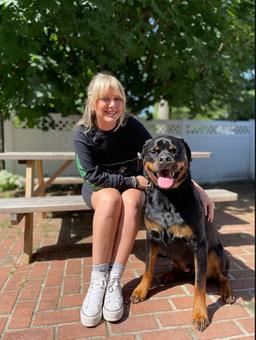
I’m Charlie: canine enthusiast with a knack for figuring out why my dog, Dallas, is more infatuated with tennis balls than me. My lifelong passion for dogs has created a dedication to help other pet parents better understands their furry family members!
Cbcc-Ka, H. B. K. C. (2021, March 12). Moving with your dog: How to help a dog adjust to your new home. Daily Paws. https://www.dailypaws.com/living-with-pets/pet-owner-relationship/moving-with-your-dog-how-to-help-a-dog-adjust-to-your-new-home
Why is my puppy acting weird after going to the vet? (n.d.). Quora. https://www.quora.com/Why-is-my-puppy-acting-weird-after-going-to-the-vet
